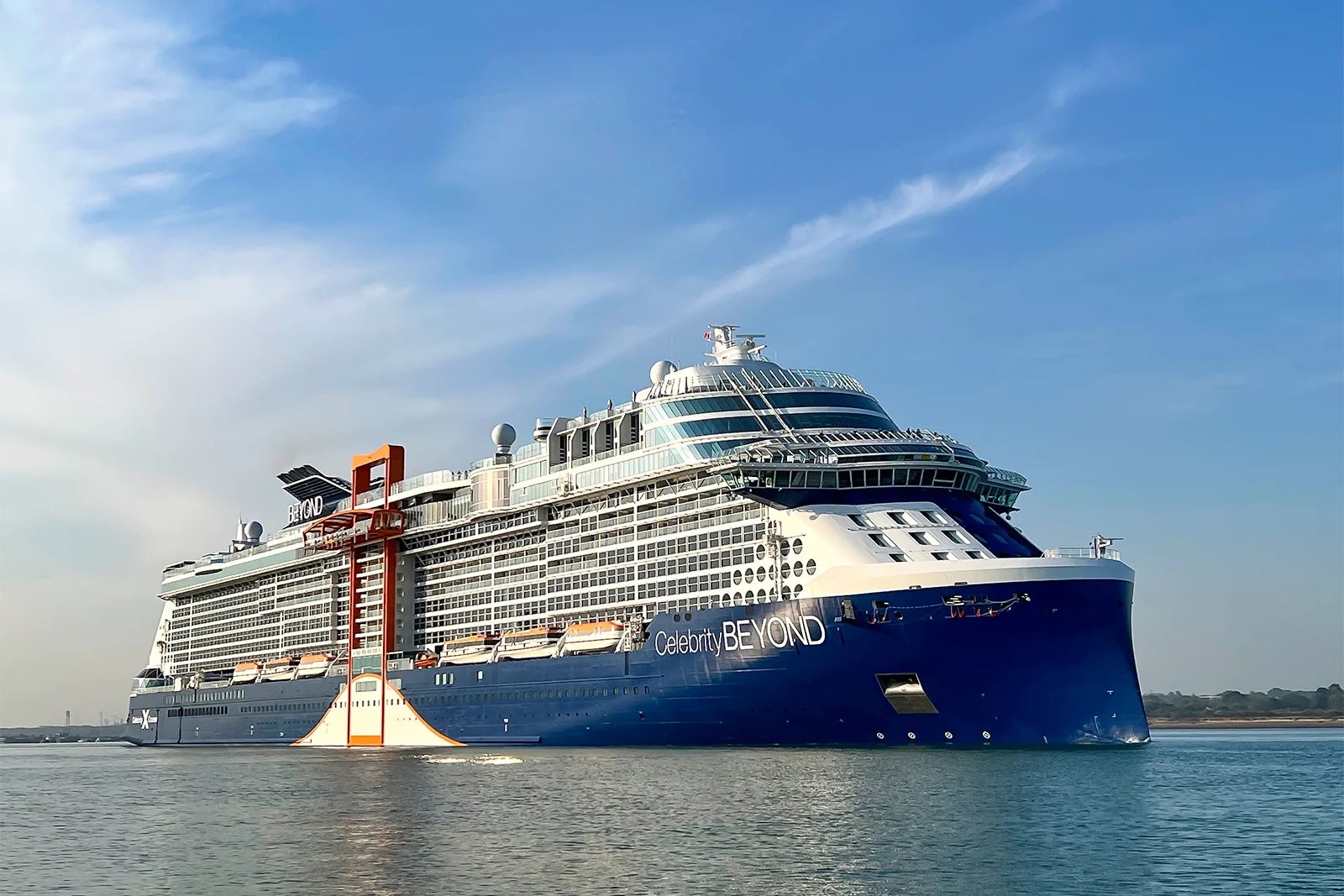Why are ships called ‘she’? The truth about gendering cruise vessels
This post contains references to products from one or more of our advertisers. We may receive compensation when you click on links to those products. Terms apply to the offers listed on this page. For an explanation of our Advertising Policy, visit this page.
Per maritime tradition, it’s customary to refer to cruise ships as female. But why are ships “she”? Where did that custom originate, and since pronouns matter, why are we still upholding it?
The short answer is that there isn’t one — but speculation abounds. Here, we’ll look at some of the theories, ranging from the origins of language to plain ol’ superstition.
For more TPG news delivered each morning to your inbox, sign up for TPG daily newsletter.
Why are ships female?

Search this question on Google, and all the results restate the same two probable explanations. One is that ships were originally dedicated to and protected by goddesses. The other is that “navis,” the Latin word for “ship,” is female.
What isn’t directly expressed is that in the early maritime days, ships were commanded and crewed by men who spent months at sea without a woman in sight. So, the ship served as a motherly figure or companion.
I wanted a more definitive explanation, so I contacted Peter Knego, a journalist and ocean liner historian who runs the YouTube channel Peter Knego’s MidShipCinema. If anyone knew the answer, it would be him.
“I can confirm that there is no set reason for this, other than it being a longstanding tradition,” Knego said. “The most common explanation is that [it] has its roots in the Latin name for ships, but the irony is that in some Latin languages like French, Italian and Spanish … ships are actually [male].
“Another theory is that ships are named for female entities but many … were clearly named for men. There is also a superstition that the ‘she’ designation is protective, but then how does that hold for ships named for males, like many warships, which are named for military leaders?”
Breaking with tradition

Not everyone upholds this tradition and refers to ships as female. Lloyd’s Register — the world’s first marine classification society, which has been around for more than 260 years — now officially refers to vessels as “it” instead of “she.” Many cruise writers take this approach, including the ones at TPG.
The industry has already broken with other gender-based traditions. Historically, women were asked to serve as godmothers and bless new cruise ships, harkening back to the idea of goddesses watching over vessels at sea. However, in 2015, rapper Armando Christian Perez (known as Pitbull) served as the cruise industry’s first-ever godfather when he took on the role for the debut of Norwegian Cruise Line‘s Norwegian Escape.
In 2017, the line asked popular New York City radio personality Elvis Duran to do the honours for Norwegian Bliss.
If the maritime community at large can break with tradition and have godfathers, it can certainly be equally progressive and start referring to ships with the gender-neutral pronoun “it.”
Is it offensive to call a cruise ship ‘she’?

For years, I assumed that calling cruise ships “she” insinuated that women are merely vessels to be controlled by men.
The terminology takes on a new meaning with the rise of female captains and bridge officers, such as Celebrity Cruises’ Captain Kate McCue. Captain Kate and her all-female bridge crew told me on a 2020 cruise during International Women’s Day that they think it’s fitting for ships to be female. Ships are strong and protective, they pointed out. They’re formidable and can weather even the toughest storms.
Perhaps I need to reframe my thinking.
Bottom line
Although one or two theories are strong contenders, there’s no official reason why the maritime sector considers cruise ships female. While some major official entities use nongendered language (“it” versus “she”), it’s still largely acceptable to refer to ships in feminine terms.
Remember: No matter which gender you assign it, don’t ever refer to a ship as a boat.
Featured image by STEVE DUNLOP/CELEBRITY CRUISES
Sign-up Successful!
Welcome to The Points Guy!
Disclaimer: The responses below are not provided or commissioned by the bank advertiser. Responses have not been reviewed, approved or otherwise endorsed by the bank advertiser. It is not the bank advertiser’s responsibility to ensure all posts and/or questions are answered.





Editorial Disclaimer: Opinions expressed here are the author’s alone, not those of any bank, credit card issuer, airlines or hotel chain, and have not been reviewed, approved or otherwise endorsed by any of these entities.